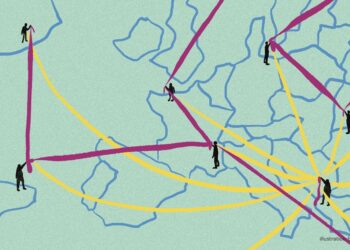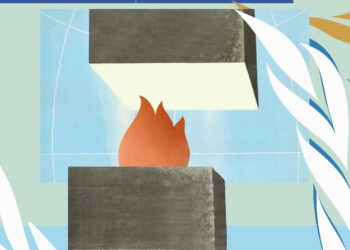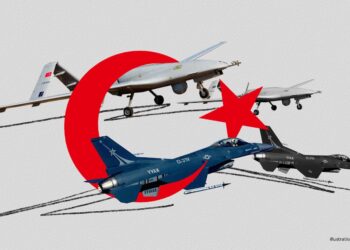Politics
International Arbitration and Armenia: Arbitrating Animosity
Azerbaijan has been weaponizing legal instruments and treaties against Armenia, transforming tools of mutual benefit into means of antagonism. Davit Khachatryan explains the mechanisms, types and implications of arbitration, shedding light on its strategic misuse and the broader consequences for Armenia.
How Armenia Diversified Its Security Landscape in 2024
In 2024, Armenia made significant strides to diversify its security alliances, carefully distancing itself from Russia by freezing CSTO participation, joining the ICC, and reducing Russian border presence, while deepening ties with other partners. Hovhannes Nazaretyan wraps up the year.
A Year of Fragile Diplomacy: Armenia-Azerbaijan Talks and Turkey Relations in Review
In 2024, Armenia and Azerbaijan transitioned peace talks to a bilateral framework but failed to finalize a treaty. Despite progress on border delimitation, tensions persisted, with Azerbaijan’s threats and disputes over arms procurement, regional communications, and POWs. Meanwhile, normalization with Turkey stalled. Hranoush Dermoyan explains.
After COP 29: What’s Fueling Aliyev’s Rage?
Escalating his anti-Armenian rhetoric at COP 29, Azerbaijani President Ilham Aliyev also broadened his attacks on Western institutions. Coupling state propaganda with inflammatory speeches, he framed the West as complicit in regional instability and intensifying tensions to deflect attention from his authoritarian regime.
The ICJ’s Response to Azerbaijan’s Strategic Use of CERD Proceedings Against Armenia
Davit Khachatryan’s analysis of Azerbaijan's 2021 ICJ proceedings against Armenia under CERD, explores Baku’s strategic attempt to counter Armenia's evidence-based claims, create a false equivalency, and influence the judiciary through calculated legal maneuvering.
Armenia’s Diplomatic Footprint
Armenia's diplomatic footprint reveals its foreign policy goals and challenges: enhancing security, fostering economic ties and amplifying its international presence. Hovhannes Nazaretyan examines how Armenia is positioning itself globally.
Key Achievement for Armenia: Milestone Judgment in ICJ Case Against Azerbaijan
The ICJ's recent ruling in Armenia v. Azerbaijan dismissed Azerbaijan’s objections, allowing the case to proceed on claims of racial discrimination under CERD. This landmark decision unfolds against the backdrop of the ongoing humanitarian crisis affecting Armenians from Nagorno-Karabakh.
How Far Has Armenia Come in Meeting Paris Climate Goals?
Seven years after Armenia ratified the Paris Agreement on climate change, Gor Samvel reviews measures Armenia has taken to implement key provisions of the treaty, focusing on mitigation, adaptation, transparency and compliance, highlighting achievements and areas in need of improvement.
Revisiting Turkey’s Role in the 2020 Nagorno-Karabakh War
Evidence suggests Turkey’s involvement in the 2020 Nagorno-Karabakh War was pivotal, reshaping Azerbaijan’s military capabilities. Hovhannes Nazaretyan examines Turkey’s military assistance, including advisory support, deployment of Syrian mercenaries, and Bayraktar TB2 drones, revealing Turkey's covert yet substantial role in the conflict.
Policy of Intimidation: How Azerbaijan Tricked and Treated Ahead of COP29
Ahead of COP29, Azerbaijan has intensified its repression of dissent, arresting activists and silencing critics to project an image of peace. Rasmus Canbäck examines how Azerbaijan’s “Policy of Intimidation” serves as a tool to stifle internal opposition and manipulate international narratives.












